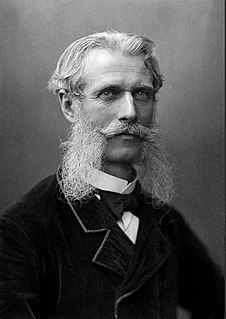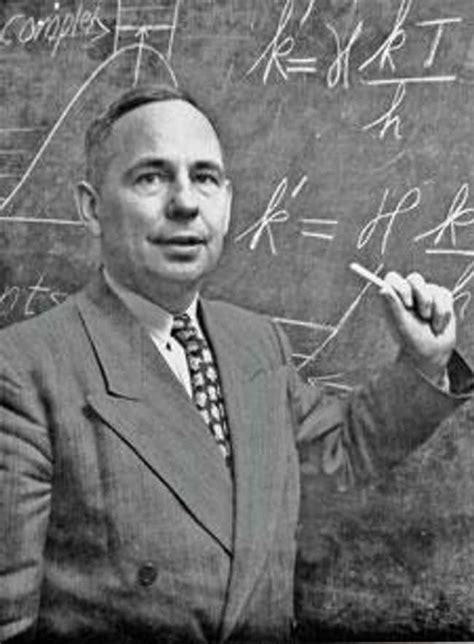A Quote by Reinhold Niebuhr
There are evidently limits to the achievements of science; and there are irresolvable contradictions both between prosperity and virtue, and between happiness and ``the good life,'' which had not been anticipated in our philosophy.
Related Quotes
There exists in the economy and course of nature, an indissoluble union between virtue and happiness; between duty and advantage; between the genuine maxims of an honest and magnanimous policy, and the solid rewards of public prosperity and felicity; since we ought to be no less persuaded that the propitious smiles of Heaven can never be expected on a nation that disregards the eternal rules of order and right, which Heaven itself has ordained.
Life is possible only through challenges. Life is possible only when you have both good weather and bad weather, when you have both pleasure and pain, when you have both winter and summer, day and night. When you have both sadness and happiness, discomfort and comfort. Life moves between these two polarities. Moving between these two polarities you learn how to balance. Between these two wings you learn how to fly to the farthest star.
Oddly, since by now I've written quite a lot on early modern philosophers, I didn't care for the history of philosophy, which I thought dull and obscure, until I got a minor job writing articles for a children's encyclopedia in the history of science and began to make connections between science and philosophy.
The paths by which people journey toward happiness lie in part through the world about them and in part through the experience of their souls. On the one hand, there is the happiness which comes from wealth, honor, the enjoyment of life, from health, culture, science, or art; and, on the other hand, there is the happiness which is to be found in a good conscience, in virtue, work, philanthropy, religion, devotion to great ideas and great deeds.
There isn't anything to worry about between science and religion, because the contradictions are just in your own mind. Of course they are there, but they are not in the Lord's mind because He made the whole thing, so there is a way, if we are smart enough, to understand them so that we will not have any contradictions.
Changes in society are due chiefly to the development of the internal contradictions in society, that is, the contradiction between the productive forces and the relations of production, the contradiction between classes and the contradiction between the old and the new; it is the development of these contradictions that pushes society forward and gives the impetu6 for the suppression of the old society by the new.







































